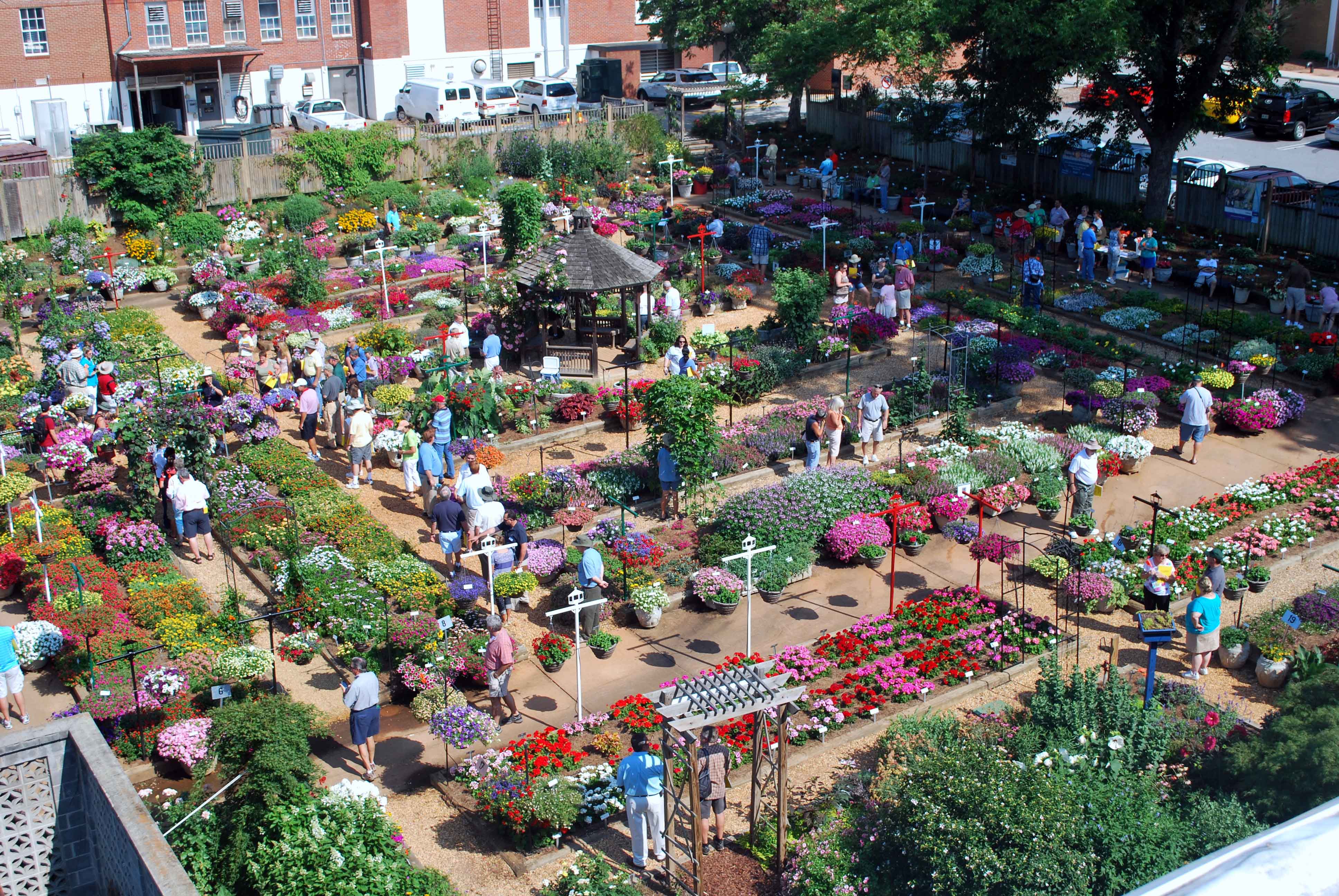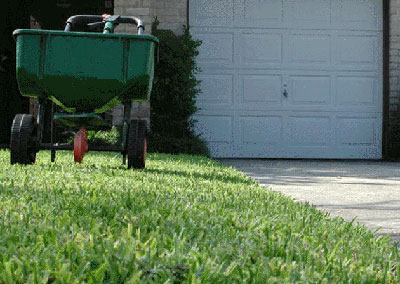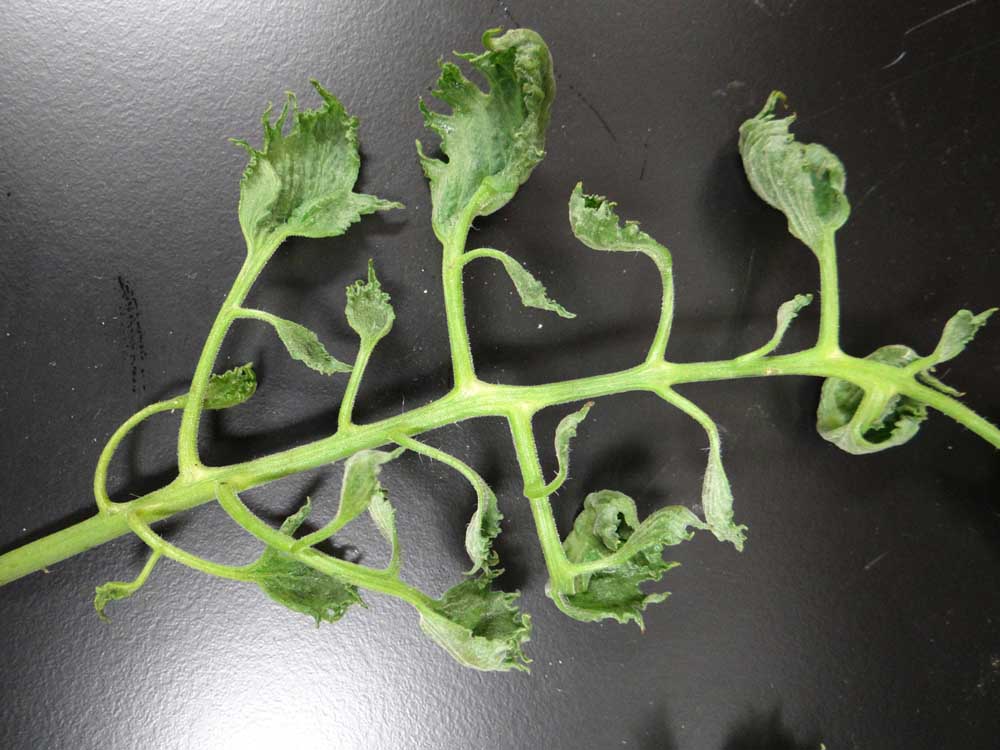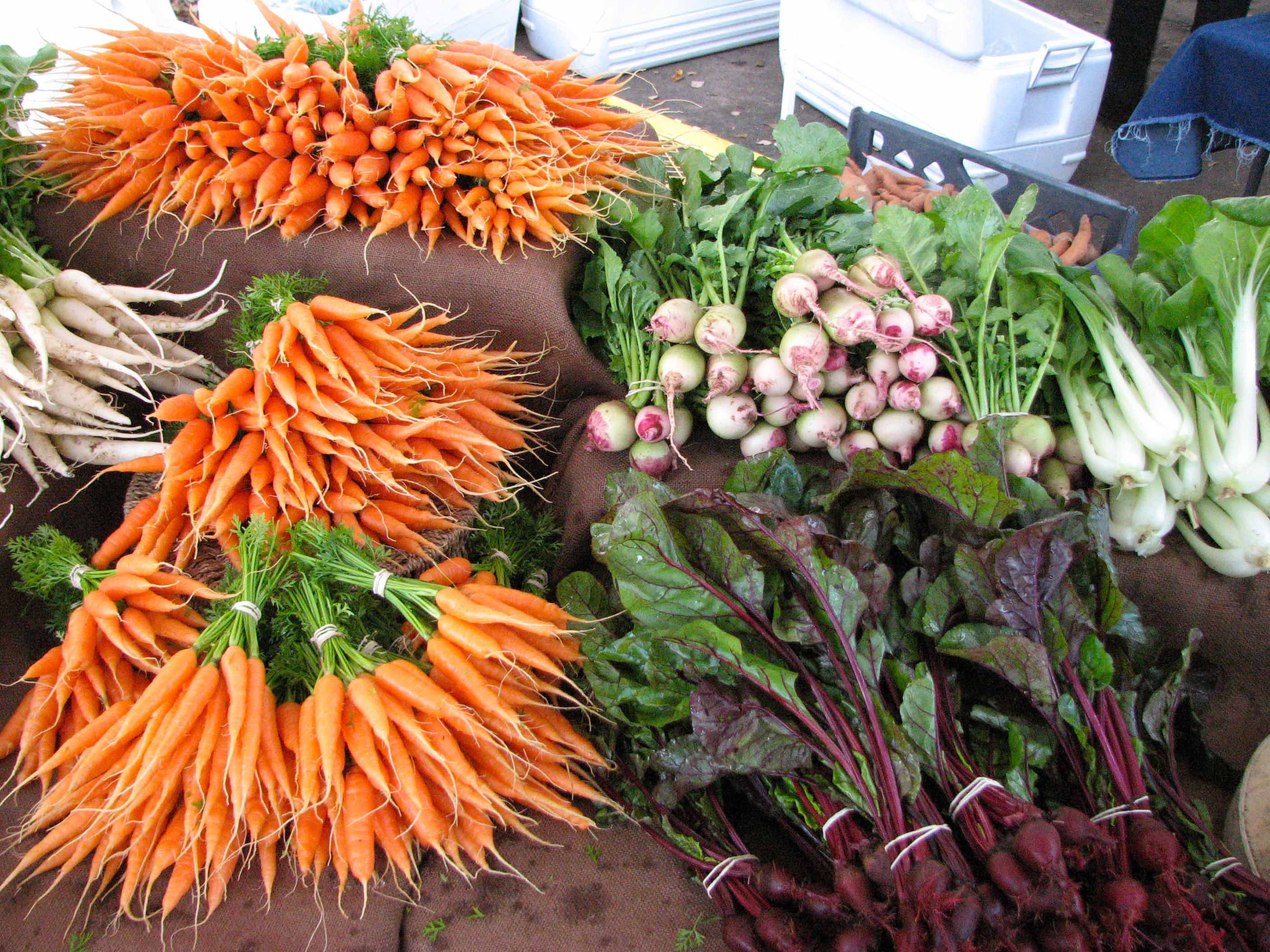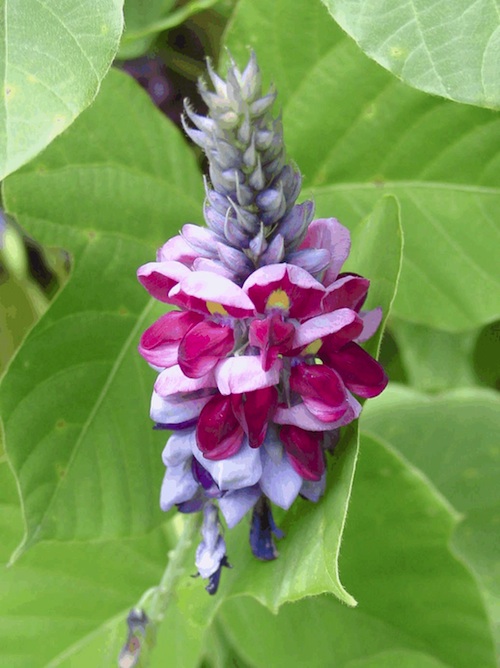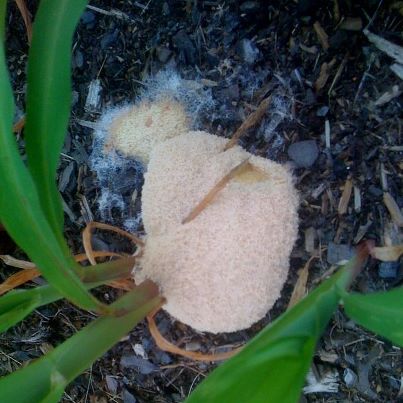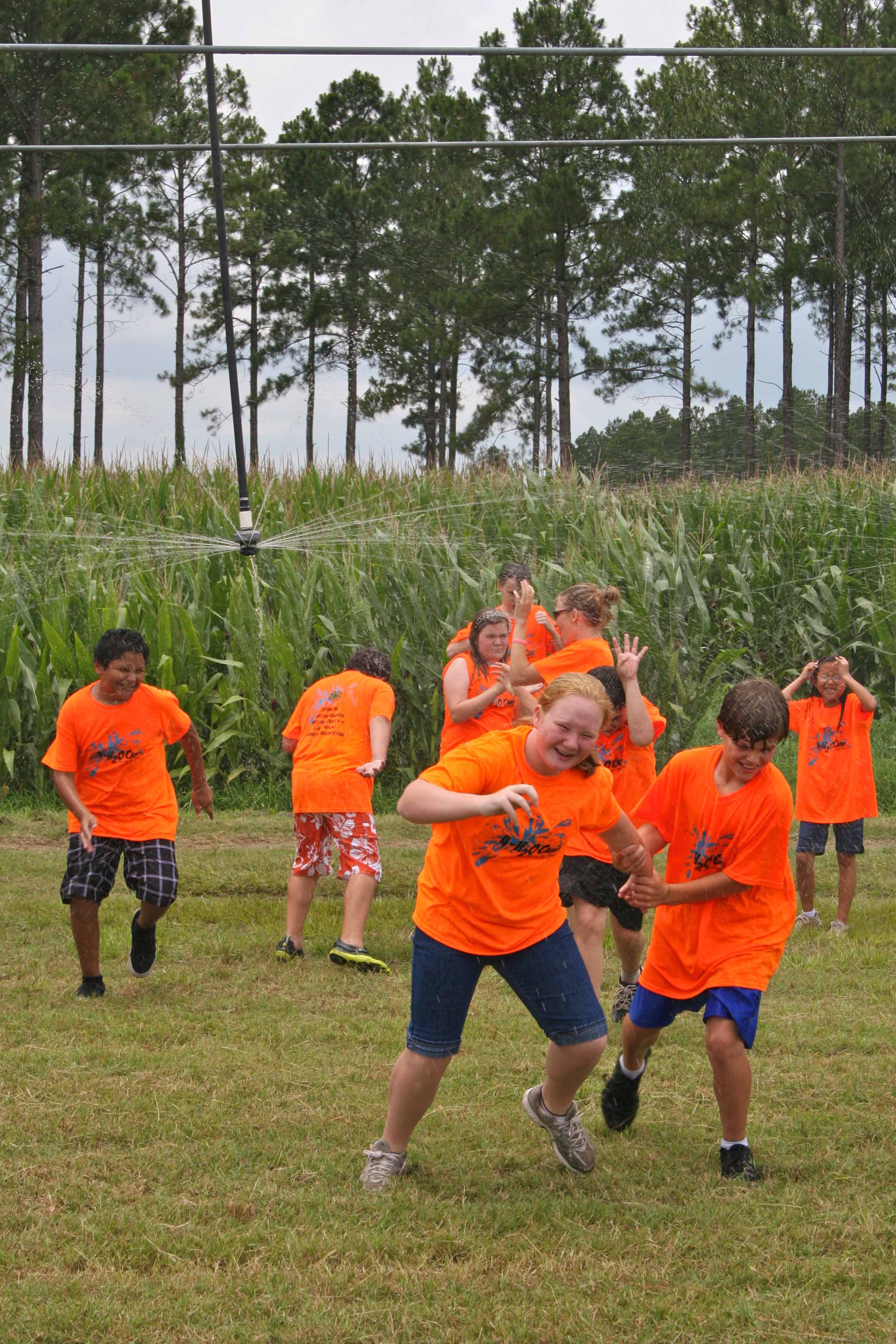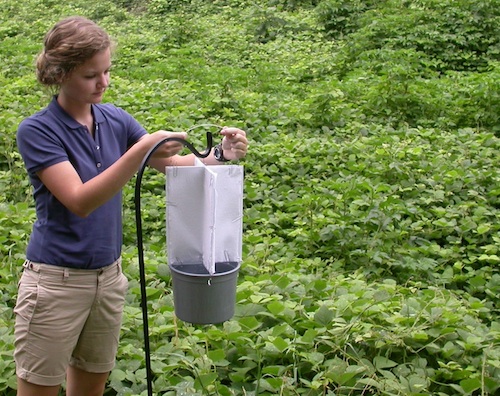 CAES News
CAES News
Monitoring kudzu
U.S. Forest Service entomologist Jim Hanula may be the only person in the South who actually wants to keep kudzu alive. He needs healthy plots of the famous weed to monitor the effect the bean plataspid – a pest that entered Georgia some two years ago and has become known as the kudzu bug – is having on kudzu.

